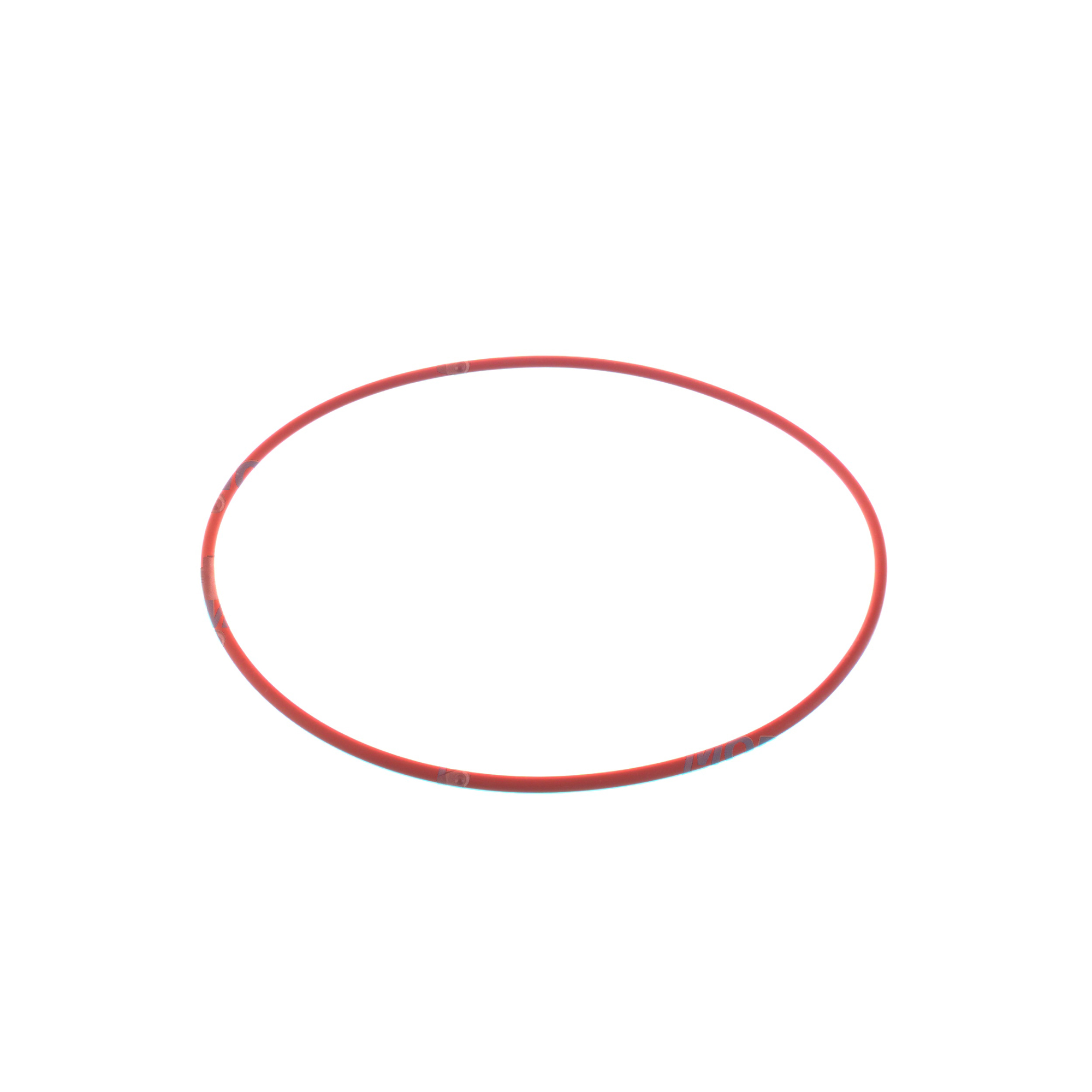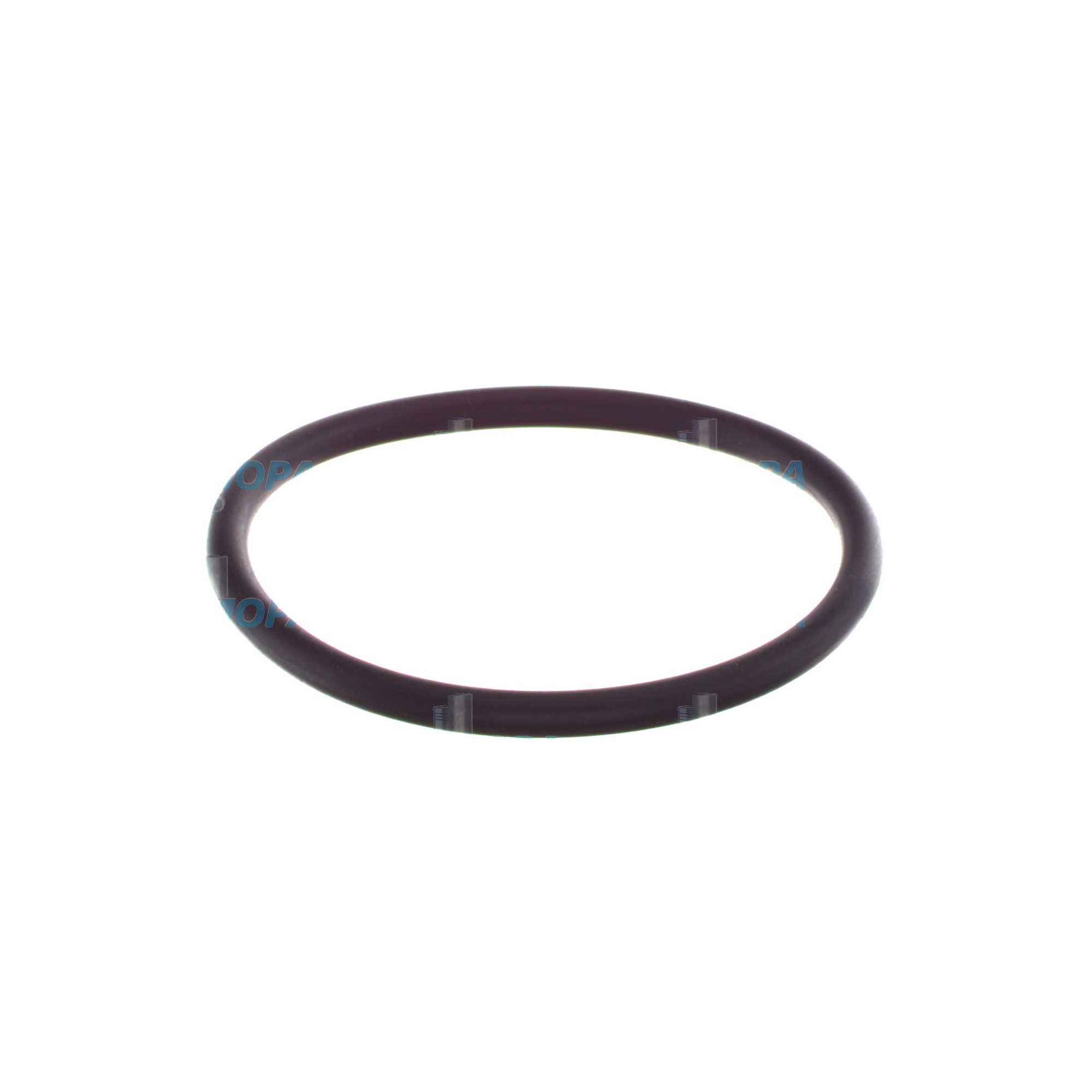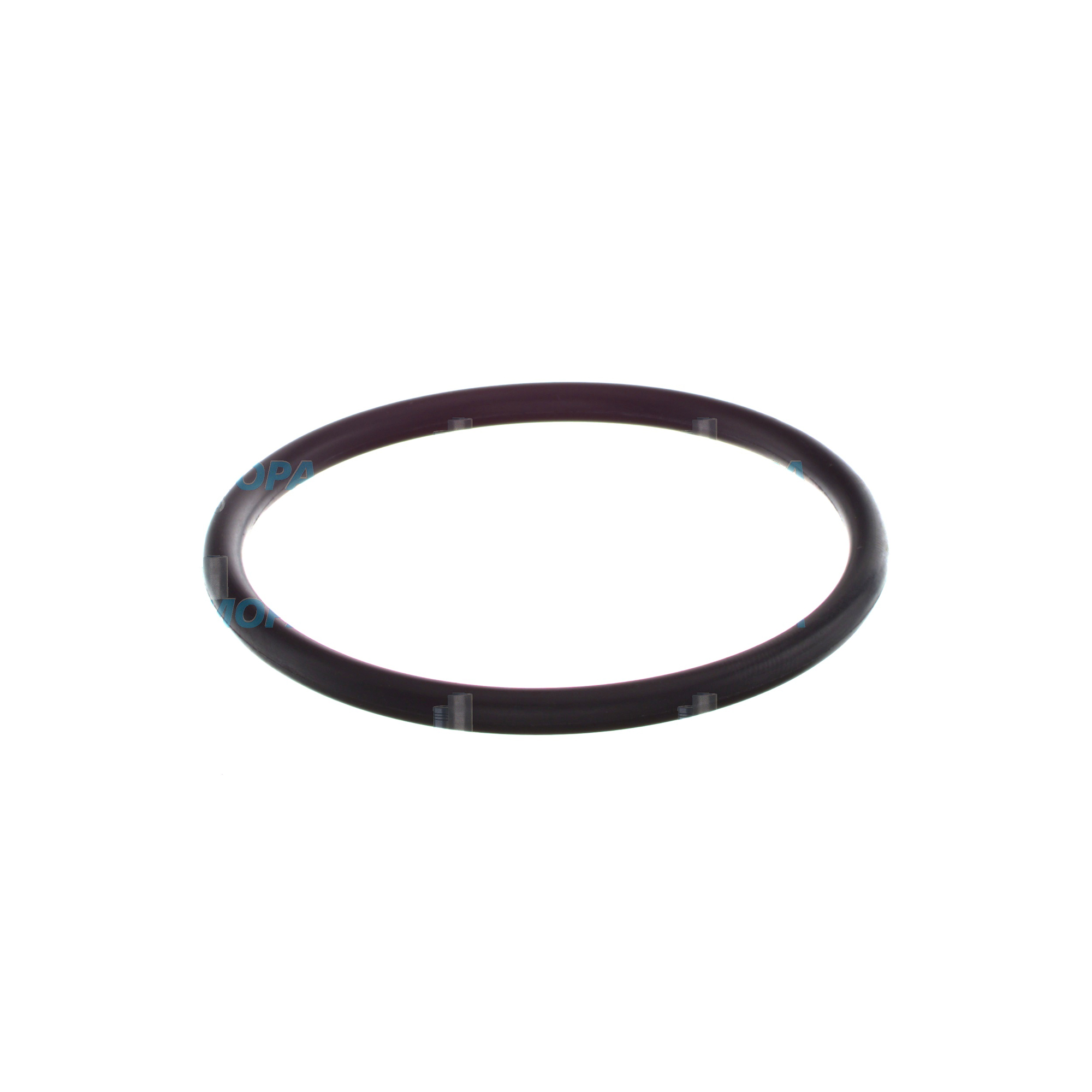TORIC SEAL Gaskets for marine and diesel engines
Gaskets are precision sealing elements that create a tight, reliable barrier between mating engine components. From cylinder heads and exhaust manifolds to charge-air coolers and pump housings, they prevent the loss of pressure, fluids, and gases under harsh thermal and mechanical loads. Within this category, the toric seal—commonly known as an O‑ring—plays a pivotal role in static and dynamic joints. In heavy-duty diesel engine and marine engine applications, correctly specified gaskets and TORIC SEAL designs protect performance, efficiency, and safety by keeping combustion, lubrication, cooling, and air systems perfectly separated and leak-free.
How gaskets and TORIC SEAL components work in a diesel engine
Gaskets function by conforming to surface irregularities and maintaining a controlled compressive load between flanges. When a joint is assembled, bolt preload compresses the gasket or TORIC SEAL to fill micro-surface peaks and valleys, creating a gas- and liquid-tight seal. In a diesel engine, this principle applies across numerous interfaces: the cylinder head gasket contains extreme combustion pressures and temperatures; charge-air and exhaust gaskets manage thermal cycling and vibration; oil pan and timing cover gaskets retain lubricants; while toric seals in pumps, injectors, heat exchangers, and liners ensure fluid integrity.
Material selection is critical. Metallic multi-layer steel (MLS) head gaskets withstand firing pressures and compensate for block and head movement. Spiral-wound gaskets pair metal windings with soft fillers for hot exhaust paths. For TORIC SEAL elements, elastomers such as NBR, HNBR, FKM, EPDM, and fluoro-silicone are chosen based on media (diesel fuel, lube oil, coolant, seawater), temperature range, and compression set resistance. PTFE and FFKM compounds extend chemical resistance for aggressive environments. Proper groove design, squeeze percentage, and surface finish (e.g., Ra targets) minimize extrusion and microleakage in both static and reciprocating interfaces.
A well-matched TORIC SEAL marine engine solution supports turbocharger efficiency by sealing compressor covers and charge-air coolers, stabilizes injection accuracy by preventing return-leak losses, and preserves lubrication film by stopping oil aeration. Precision sealing reduces blow-by, maintains designed compression ratios, and keeps aftertreatment systems operating within specification—directly influencing fuel economy, emissions stability, and component life.
- · Tight sealing under high pressure and thermal cycling.
- · Elastomer and metal options for diverse media and temperatures.
- · TORIC SEAL geometries sized to ISO-class dimensions for repeatable fit.
- · Resistance to compression set, extrusion, and chemical attack.
- · Protects power density, efficiency, and emissions stability.
- · Supports safe, clean operation by preventing cross-contamination.
Why gaskets are critical for reliable engine operation
Even a minor leakage path impacts reliability. A fatigued head gasket can allow coolant ingress into the combustion chamber, causing misfire, white smoke, corrosion, and rapid bearing damage. Degraded TORIC SEAL diesel engine joints may introduce air into fuel or oil circuits, resulting in poor atomization, hot starts, cavitation, or foaming that accelerates wear. Charge-air leaks reduce boost pressure, increasing exhaust temperatures and fuel consumption. On marine propulsion sets, seawater-side gasket failures in heat exchangers risk saltwater contamination of jacket water or lube oil—an expensive, time-critical repair with vessel availability at stake.
Common failure modes include thermal hardening, chemical swelling, abrasion from micro-motion, insufficient bolt preload, and groove overfill or under-compression for toric seals. Monitoring and preventive replacement intervals based on hours, thermal cycles, and condition indicators are therefore essential. Correct torque patterns, clean flange surfaces, and verified surface roughness substantially reduce risk. In every case, the integrity of gaskets and TORIC SEAL elements is foundational to uptime, service life, and predictable maintenance planning.
Benefits of OEM spare parts suitable for gaskets and TORIC SEAL
Using OEM parts that are dimensionally and materially aligned with the engine maker’s specification ensures the seal performs as designed across the full operating envelope. Compounds are validated for the exact fuel, oil, and coolant chemistries specified for the platform, and metallic constructions are tuned for head/block distortion profiles, thermal gradients, and bolt load maps. That precision pays off in measurable ways: first-time assembly success, stable preload retention, and reduced rework after commissioning.
For purchasers and technical decision-makers, the business case is clear. OEM spare parts minimize leakage-related downtime, protect high-value components such as turbochargers and injectors, and maintain efficiency targets. Batch traceability, consistent durometer and cross‑section tolerances for TORIC SEAL OEM parts, and adherence to controlled manufacturing processes keep sealing performance predictable throughout the part’s service life—helping you manage budgets without compromising reliability or safety.
MOPA: fast, secure supply of OEM parts for gaskets and TORIC SEAL
MOPA is an experienced partner for sourcing OEM spare parts across the full range of gasket technologies, including toric seals for diesel and gas engines. Customers rely on our speed—short lead times, responsive quotations, and efficient logistics—to keep critical assets running. We combine quality-focused procurement with secure, traceable supply chains and meticulous documentation, so you receive parts that match the intended specification and arrive ready for installation.
Whether you operate a marine engine fleet, a power plant, or industrial gensets, MOPA supports you with expert cross-referencing, material guidance for media and temperature, and consolidated shipments. Our focus on precision, reliability, and transaction security helps you reduce risk, control total cost of ownership, and maintain engine availability.
Conclusion: gaskets and TORIC SEAL performance that protects your engine
Gaskets—especially correctly specified TORIC SEAL designs—are central to sealing performance, fuel efficiency, and safe operation in marine and diesel engines. Selecting OEM spare parts suitable for this category provides consistent fit, proven materials, and dependable sealing characteristics that protect uptime and extend service life. With MOPA, you gain a fast, quality-driven partner for OEM parts that keep your engines performing as designed.





